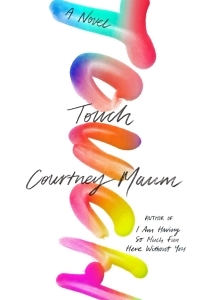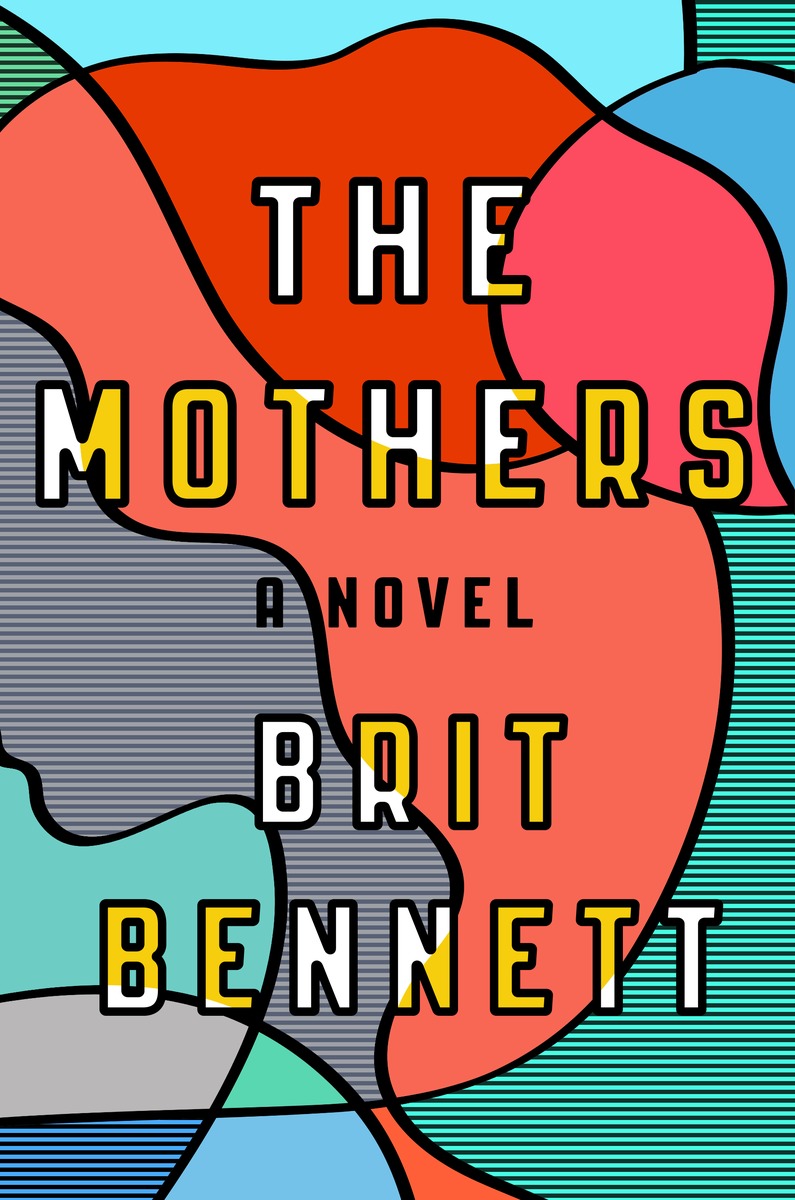Sympathetic Snark
With Touch, Courtney Maum sweetly skewers the wired rich
Most futuristic novels turn the clock ahead years, decades, or even centuries, after some grave paradigm shift (an environmental catastrophe, a cataclysmic regime change, a devastating pandemic) has altered the present landscape beyond recognition. The action plays out in a setting that scarcely resembles our familiar world. But Touch, the second book from Courtney Maum, takes place in a future that feels imminent. Very imminent.

The novel’s plot unfolds in what could be next week, or perhaps a month from now. It’s a perfect backdrop for Maum’s protagonist, Sloane Jacobsen, a highly successful trend forecaster whose livelihood depends on predicting and producing exactly what trendy consumers—the so-called “wired rich”—will want to buy next.
Sloane lives perpetually ahead of the curve, forever projecting herself into the future, though the jittery strangeness of her career (in which what comes next is everything, and the present is already past) is beginning to catch up with her. She’s a natural for her job—all her life, she’s had bona-fide premonitions, and ignoring or repressing past traumas and present insecurities has always suited her temperament just fine. But when the novel opens, Sloane’s relentless forward motion is subtly beginning to stall.
A new gig at a New York City tech behemoth (called, appropriately, Mammoth) brings Sloane back from a long sojourn in Paris to her childhood stomping grounds. Her mother and sister, whom she’s ignored for years, live nearby. Her boyfriend Roman clearly prefers social media to sex. And Sloane herself is harboring private, treasonous (for a tech innovator) thoughts. “The sight of humans shuffling with their eyes down on their devices was as dreary to her as the robotic milkers hooked up to a cow’s teats,” Maum writes. Secretly, Sloane hopes the gig at Mammoth will boost her “waning enthusiasm” for a world of high-tech gadgets she herself helped create: “With all the crazy thinkers and tech heads there, she was hoping—she needed—to have her faith in tech renewed.”
It’s a twenty-first century truism that we’re all plugged into machines and disconnected from one another. Predictably, Sloane’s tenure at Mammoth ultimately leads to the revelation that human happiness doesn’t lie with the next big app but rather with a return to physical and emotional intimacy. Yet Maum’s novel manages to transcend these familiar tropes by virtue of its sense of humor and spot-on snark (born, one assumes, from Maum’s own experience as a trend forecaster).
When Sloane arrives for a meet-and-greet at Mammoth, her new boss Dax proudly points out that the green smoothies and breakfast bars on offer are all “conflict free.” Later, Sloane meets “an entire host of people named after different apple strains: Cortland, Pippin, Lodi.” A brainstorming session leads to a pitch for robotic “empathy toddlers” called Time-Out Tots—so you can be a parent only when you feel like it! Belatedly, Sloane realizes that the brave new world she’s dreaming up isn’t actually anywhere she wants to live.
 Sloane comes across as both sympathetic and delightfully sarcastic, but a large cast of secondary characters steals the show. Sloane’s boyfriend, Roman, a pretentious weirdo Frenchman who affects Japanese fetishwear in public, is the perfect incarnation of an intellectual poseur crossed with an Instagram hipster. The funniest scenes in Touch feature Roman in a head-to-toe skintight “Zentai” suit, prancing around dramatically while struggling to see out. Sloane’s boss Dax is hilariously horrible; her office crush Jin is sexy as all get-out; and her pregnant, long-neglected sister Leila is feisty, charming, and down-to-earth. Even Sloane’s self-driving car, an artificially intelligent machine named Anastasia, has both wit and heart.
Sloane comes across as both sympathetic and delightfully sarcastic, but a large cast of secondary characters steals the show. Sloane’s boyfriend, Roman, a pretentious weirdo Frenchman who affects Japanese fetishwear in public, is the perfect incarnation of an intellectual poseur crossed with an Instagram hipster. The funniest scenes in Touch feature Roman in a head-to-toe skintight “Zentai” suit, prancing around dramatically while struggling to see out. Sloane’s boss Dax is hilariously horrible; her office crush Jin is sexy as all get-out; and her pregnant, long-neglected sister Leila is feisty, charming, and down-to-earth. Even Sloane’s self-driving car, an artificially intelligent machine named Anastasia, has both wit and heart.
At times, the story threatens to turn trite, as when a hippie woo-woo energy healer guides Sloane on a journey toward emotional healing. (Crystals and lavender oil are involved.) Yet these moments of occasional hokiness never last long, and they’re more than balanced by healthy doses of satire. Even the novel’s relentlessly sweet denouement—a happy, trippy swirl of love and sex and family and closeness and babies—doesn’t come across as cloying. “A year later, tactual trends were still gaining momentum,” Maum tells us in her final chapter. People all over the world are turning away from their gadgets and toward each other; “digital cleanses” are all the rage. Nothing escapes corporate monetization, however. Designer straitjackets that keep wearers from reaching for their phones have become a hot item in Japan.
What’s up today inevitably comes down tomorrow; if Touch has a subliminal message, it’s not to trust a trend. Besides, the digital world isn’t all bad. Before leaving Mammoth for good, Sloane gets the company’s IT department to import Anastasia the talking car’s “personality” into the virtual assistant system of her phone. Anastasia turns out to be “a tie back to the very trend that Sloane had rebelled against,” Maum writes. “She was an admission that there was a lot of good about technology. She was a modern compromise.”

Fernanda Moore has been a contributing writer to Chapter 16 since 2009. From 2013 to 2016, she was the fiction critic for Commentary; her work has also appeared in The New York Times Magazine, Marie Claire, New York, and Southern Living, among others.


